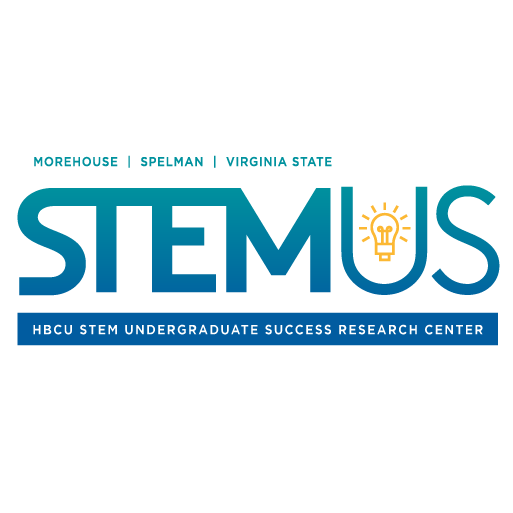Analytic Hub
overview
The ultimate goal of the STEM US Center is to understand not only WHAT academic interventions are effective in helping HBCU students succeed but also WHY they work. While, the Center is administratively housed at Morehouse, the theoretical framing for the investigation of interventions and data interpretation and analysis is modeled on previous work done at Virginia State University.
As director of the Center’s, Analytic Hub, Talley will lead a team of post-docs and graduate students from various HBCU’s on methods to identify, replicate and scale best practices for STEM persistence and retention. One primary goal is to inform faculty and administrators on data-driven and theoretically framed models that consider the student’s prior background and current learning context. The next step will be to disseminate the most effective interventions that will increase retention across all STEM disciplines and improve graduation rates to above the national average.

